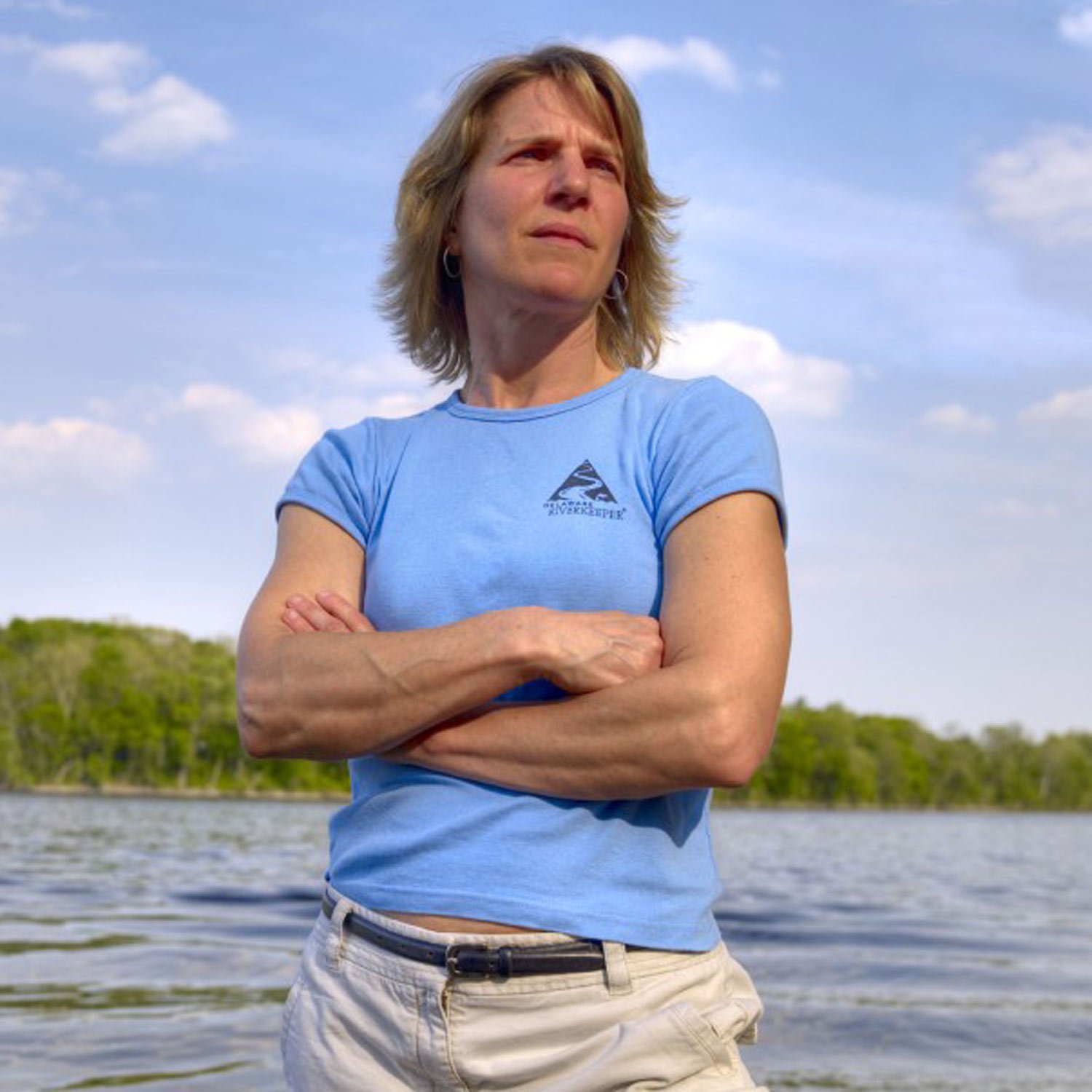Geochemist Lex van Geen is a research professor at Lamont-Doherty Earth Observatory and is member of the Earth Institute at Columbia University. His research focuses on ways to reduce the impact of the environment on human health. For two decades, he coordinated earth-science on the origin and health effects of elevated levels of arsenic in groundwater. His other projects focus on fluoride in groundwater in India, bauxite dust in Guinea, or soil contaminated with lead from mine-tailings in Peru, and fallout of lead over Paris following the fire in Notre Dame. Dr. Van Geen is a firm believer in the more widespread use of field kits by non-specialists to reduce exposure to environmental toxicants.
ONE PLANET PODCAST · THE CREATIVE PROCESS
On the subject of lead, you did a study here in Paris right in the aftermath of the fire at Notre Dame?
LEX VAN GEEN
So this was maybe nine months after the fire in Notre Dame, and I had been struck visually by the fire, the yellow smoke, which is a telltale indicator of lead. The fact that 400 tons of lead constituted the covering of the roof of the cathedral. And a lot of that had volatilized, presumably, but no one really knew how much. So that got me thinking, and I happened to be in Paris at the time, so I thought if it's so much lead, could it be that it affected the population living within say a kilometer of the cathedral? I thought there wasn't really a lot of clear information about what had happened, and what had been measured. I thought some more openness and transparency was needed.
Wandrille de Préville
So the reason people drink well water in the first place is because surface water, which is more easily accessed is often contaminated with microbial pathogens, and this was true, especially in a high population density area like Bangladesh. You can boil the water, of course, but boiling takes fuel and effort. To avoid these microbial pathogens, it turns out that pumping the water through the sand underneath is very effective. There the levels of microbial pathogens in well water are orders of magnitude lower, and so this is why the number of wells in Bangladesh grew exponentially to maybe 10 million today in the past three decades. What people didn't know as these wells were being installed - they didn't know until the late nineties - is that some of these wells had high levels of arsenic. Not levels of arsenic that killed you on the spot, but chronic exposure over time can have serious health impacts.
*
Certain areas of the city of Newark have a very high proportion of children with elevated levels of lead in the blood. There could be various reasons for that. It could be the paint, it could be the soil and areas where they play and because they ingest the soil, they could be exposed, or it could be the water. Water has been in the news, but it's probably less likely to be the cause than the paint and maybe the paint contaminating the soil. What we want to do is offer a service testing, so we'll do a testing using our kits, but just as importantly, we want to be in a position to certify if a home is safe. So we will say, you can use these kits as screening tools, and then we will help you access the services that are available for free from the city of Newark.
So a child plays on the ground, puts things in the mouth... Children who are exposed to these higher levels of lead have been shown to have reduced intellectual function, their lifelong earnings are affected, young boys often are more likely to have behavioral issues at school and even end up as juvenile delinquents if they had been exposed to lead as a child.
*
What I'm hoping for in the many more countries where further economic growth is needed, so that children have similar chances in the future, what I'm hoping is that with greater transparency of information - avoiding development that isn't checked in any way - what I'm hoping is that the children of these countries that still have a long ways to go, is that they are not exposed to these toxicants and that they can live their lives to the full extent.
This interview was conducted by Mia Funk with the participation of collaborating universities and students. Associate Interviews Producer on this podcast was Lyn Flores. Digital Media Coordinators are Jacob A. Preisler and Megan Hegenbarth.
Mia Funk is an artist, interviewer and founder of The Creative Process & One Planet Podcast (Conversations about Climate Change & Environmental Solutions).




















































